Firstly, the Earth is hurtling towards a climate catastrophe, and secondly, governmental efforts to avert this crisis fall short. Despite these grim realities, a glimmer of hope emerges through a much-anticipated event—an acronym that holds the promise of change: COP28.
COP28, the 28th Conference of the Parties, stands as the most significant climate conference of the year. This annual international summit, convened by the United Nations, is scheduled to take place in Dubai from 30 November to 12 December. Drawing attendees ranging from government officials and business leaders to youth advocates and even leaders of fossil fuel companies, COP28 is poised to be a gathering of global significance.
To understand the urgency of COP28, a retrospective glance at the last 30 years is essential. In 1992, over 150 countries signed a UN treaty with the goal of curbing the alarming rise of pollution. Subsequently, the first Conference of the Parties (COP) took place in 1995, marking the initiation of annual gatherings to address climate change. Among these, COP21 in 2015 emerged as a landmark event, witnessing the signing of the Paris Agreement by over 190 countries.
The Paris Agreement aimed to limit global warming to below 2 degrees Celsius, preferably 1.5 degrees—a crucial threshold beyond which the impacts of climate change become severe. However, with the planet already experiencing a warming of 1.2 degrees Celsius, the need for decisive action is more urgent than ever.
Agenda for COP28
The upcoming COP28 carries the weight of unmet expectations from the Paris Agreement. While the landmark accord set a target, it lacked specific directives for nations to achieve it. COP28 seeks to address this gap by focussing on two major agenda items: the phasing out of fossil fuels and the establishment of a Loss and Damage Fund for vulnerable nations.
Quick Reads
View AllA central focus of COP28 is expected to be the agreement on replacing fossil fuels with clean energy sources such as wind and solar power. The question remains whether nations will commit to phasing out fossil fuels making any political agreement on this matter a critical outcome of the conference.
Another crucial aspect on the COP28 agenda is the Loss and Damage Fund. While a blueprint for its operation has been drawn, the actual funds are yet to materialis. The goal is to operationalise the fund by 2024, a timeline that adds urgency to the discussions at COP28.
Over 160 member nations, including major players like the UK, France, Germany, Japan and India, are set to attend COP28. Notable figures such as Prime Minister Narendra Modi, King Charles III, Pope Francis and leaders from major oil-producing countries and fossil fuel executives will be present.
However, the summit is not without its controversies. Notable absentees include US President Joe Biden and China’s President Xi Jinping, leaders of the world’s top polluting countries. Additionally, hosting COP28 in the UAE, the world’s fifth-largest oil producer, raises concerns about conflicts of interest. Critics argue that co-opting oil producers is preferable to villainising them, while others fear potential compromises.
As COP28 approaches, the world awaits pivotal decisions that could shape the trajectory of global climate action. The stage is set for negotiations, and the hope is that contentions do not undermine the urgent need for countries to fulfill their commitments and curb the perilous course of global warming. The fate of our planet hangs in the balance and COP28 stands as a crucial opportunity for leaders to demonstrate their commitment to a sustainable future.
Views expressed in the above piece are personal and solely that of the author. They do not necessarily reflect Firstpost’s views.
Read all the Latest News, Trending News, Cricket News, Bollywood News,
India News and Entertainment News here. Follow us on
Facebook,
Twitter and
Instagram.


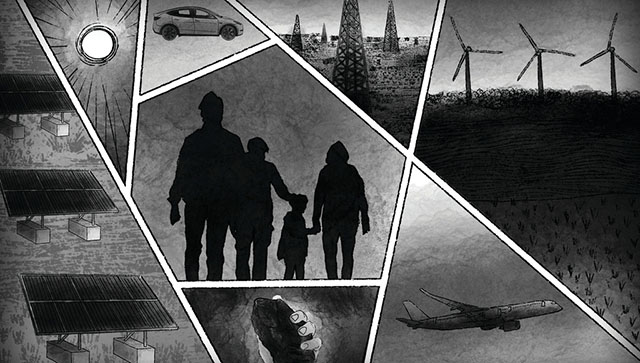)
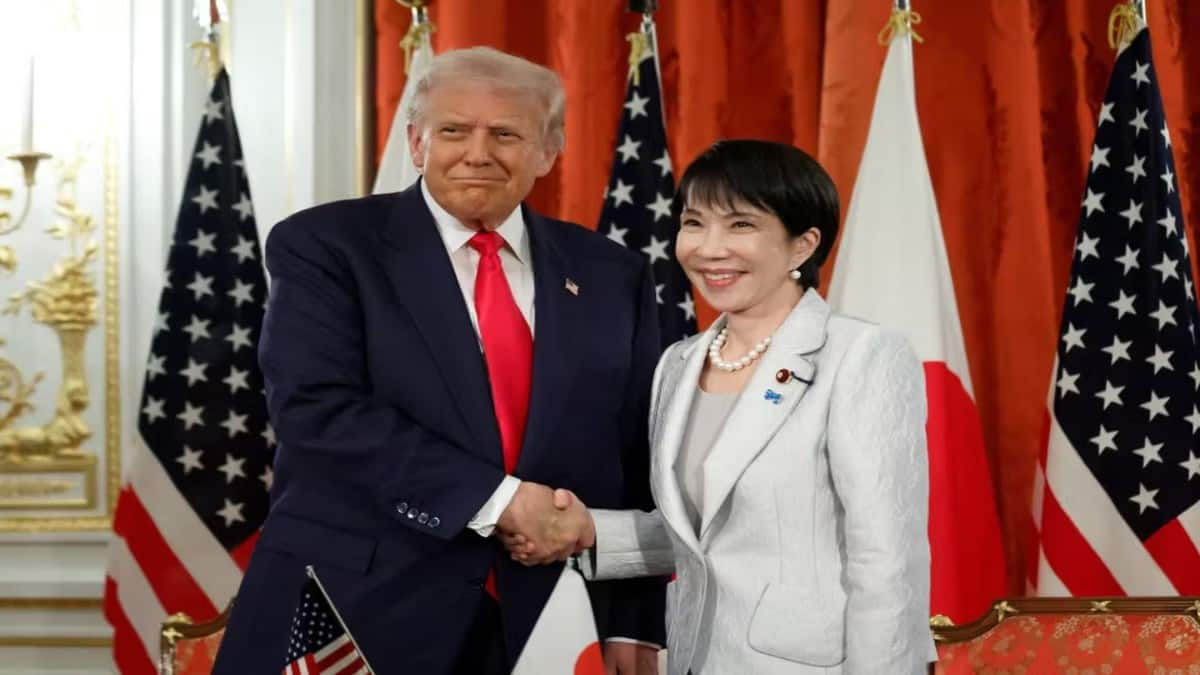
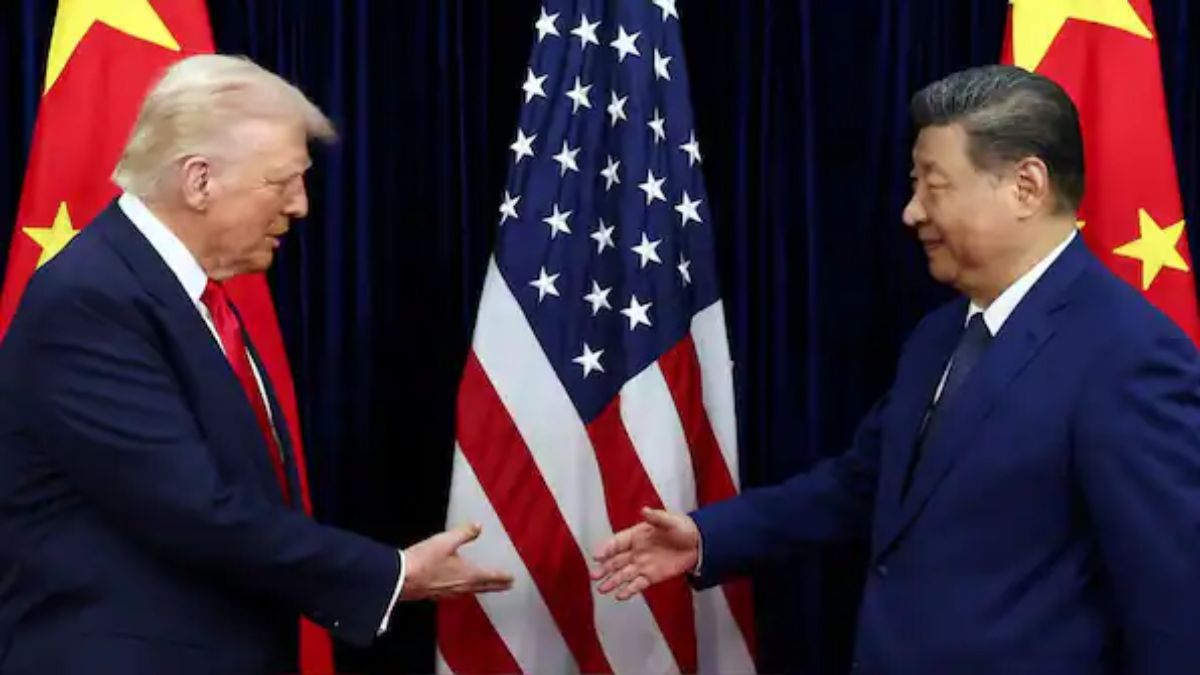)
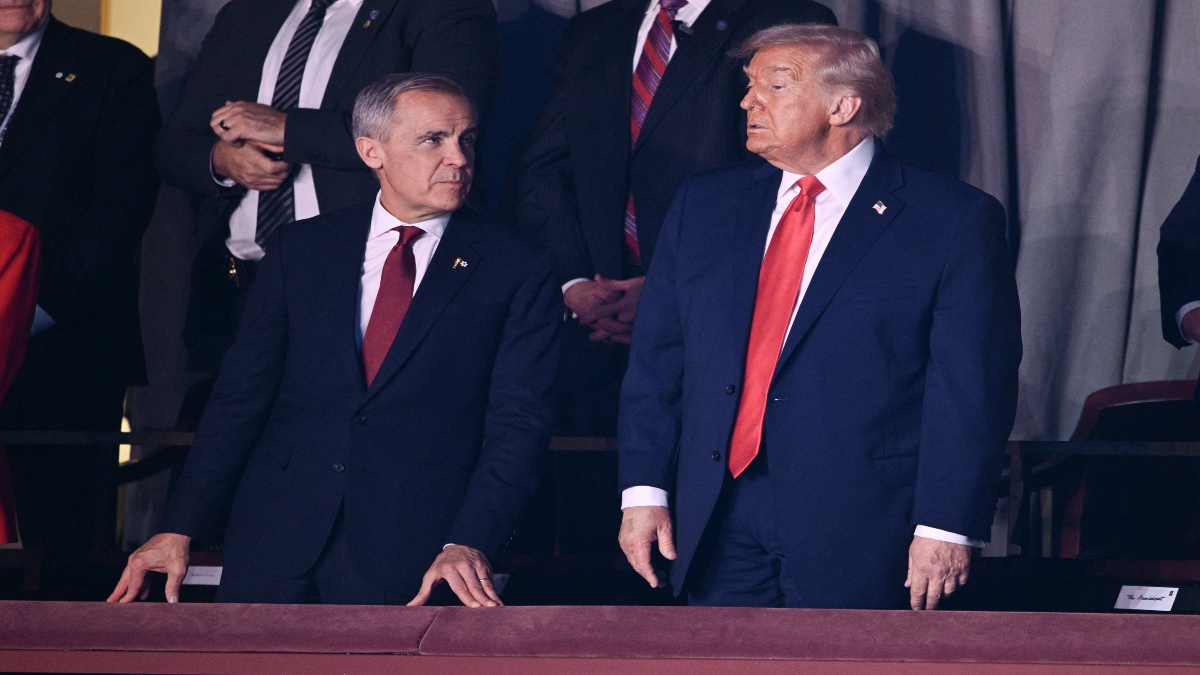)
)
)
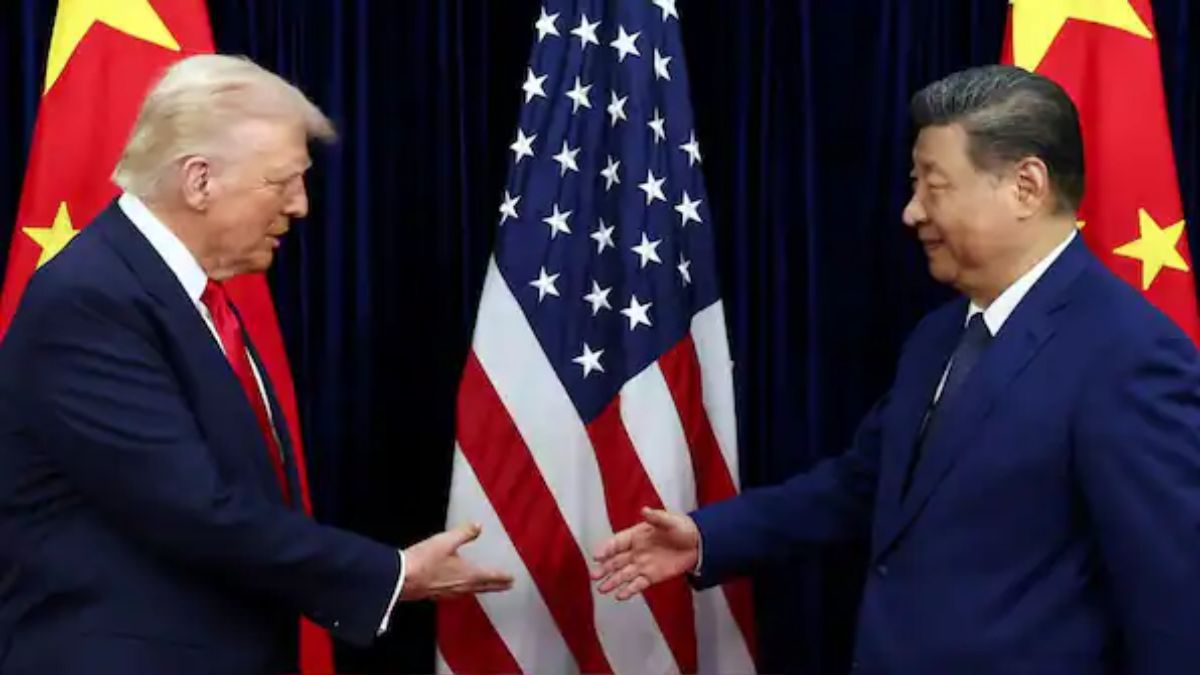)
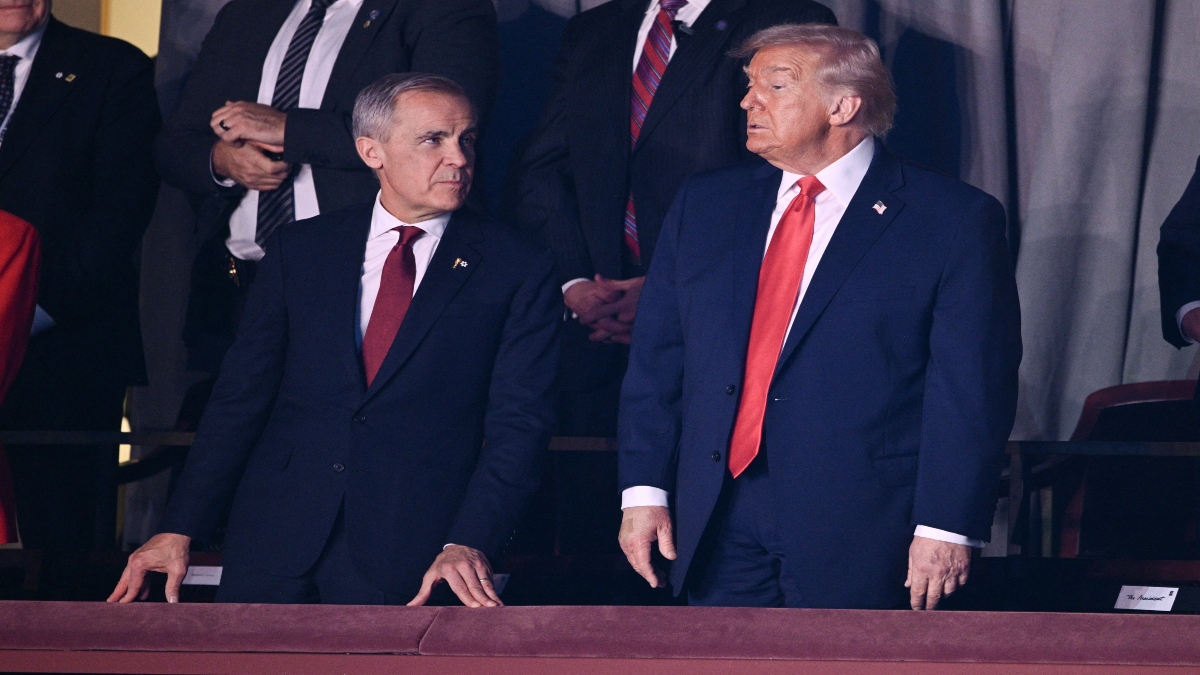)
)
)



